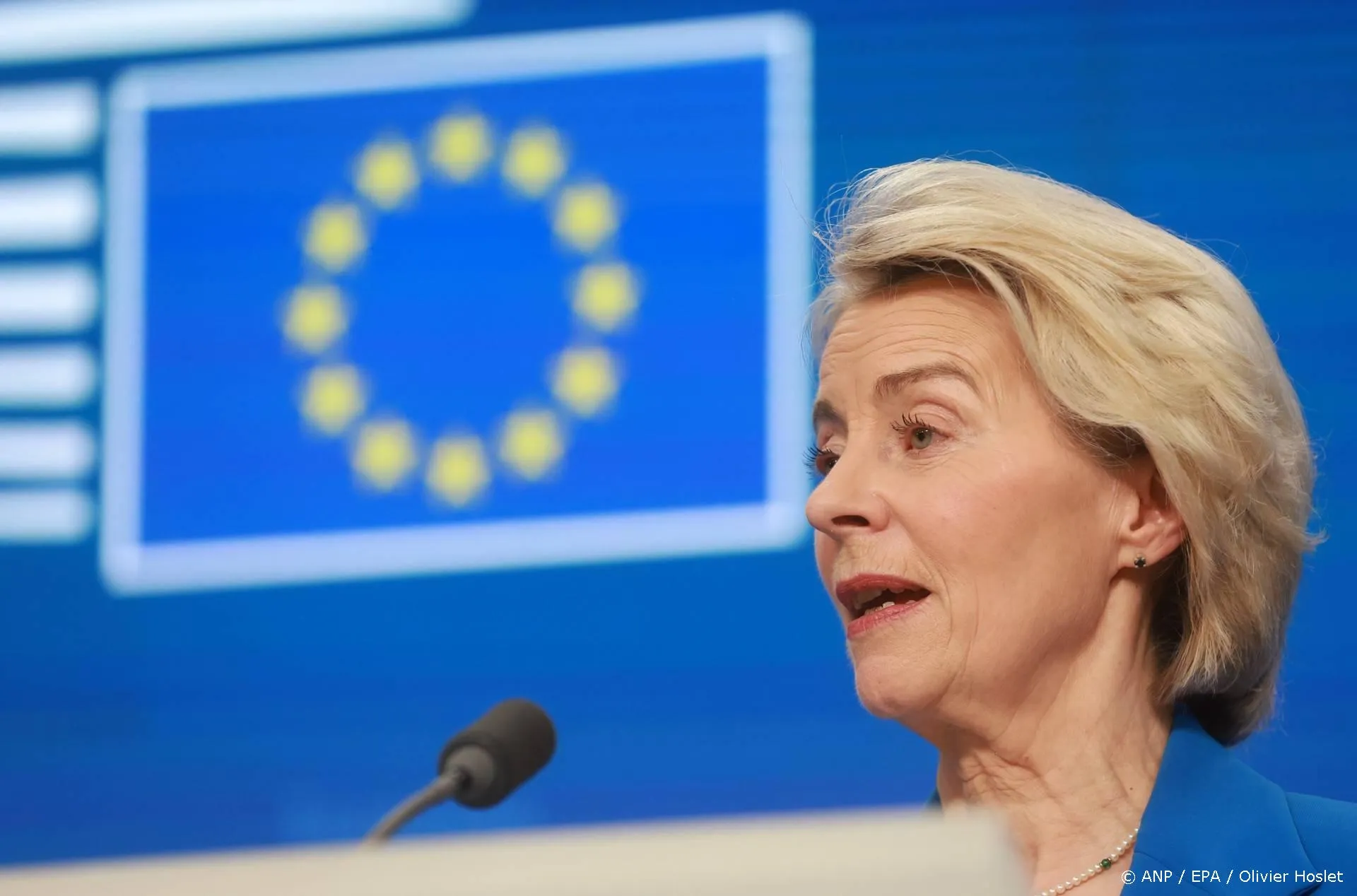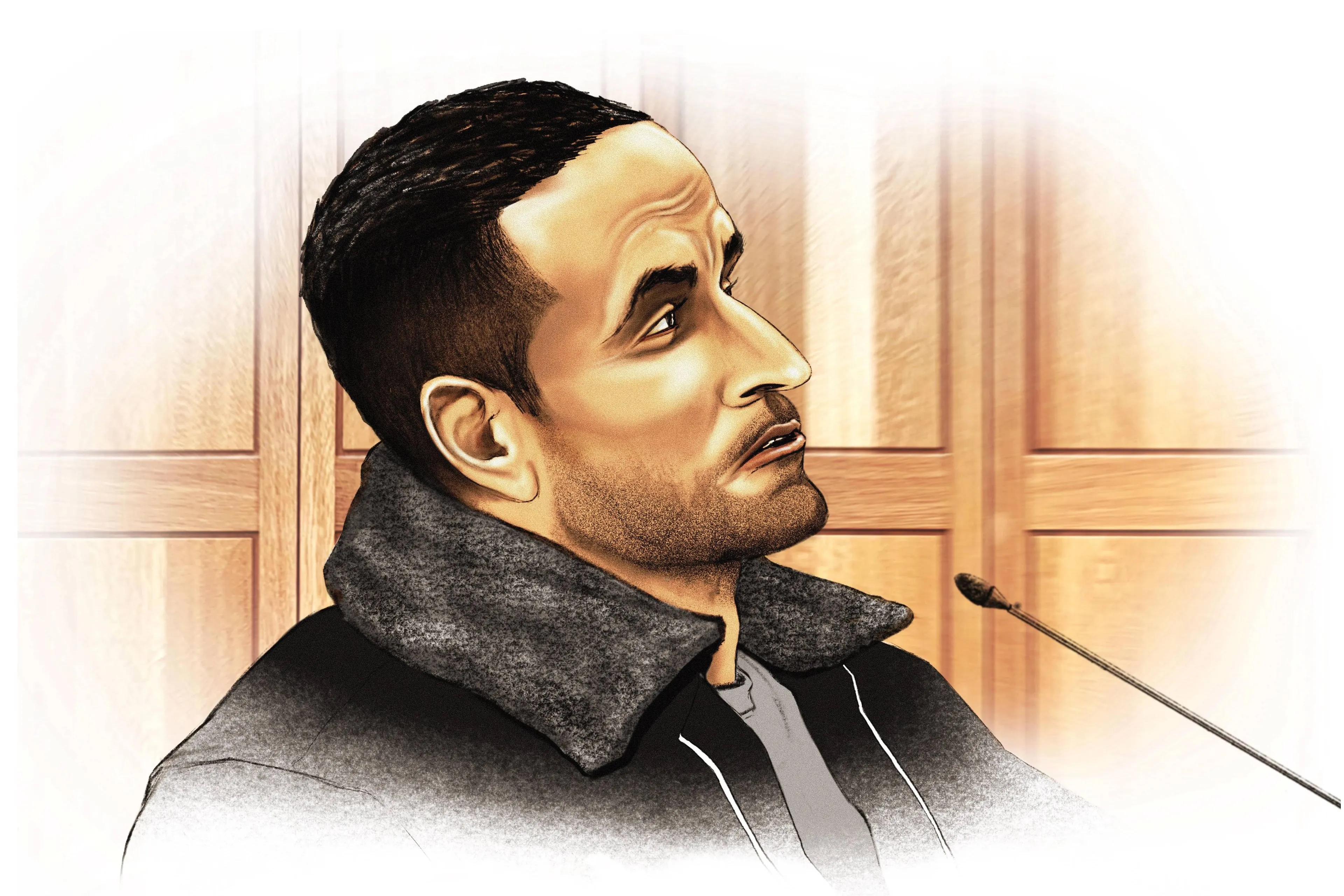'Turkije grootste verliezer in Egypte'
The military coup deposing Egypt's first democratically elected president, Mohammed Morsi, has sparked an important shift in the regional balance of power in the Middle East. Morsi's ouster deals a strong blow to the Turkey-Qatar-Egypt "pro-change" axis and to Turkey's hopes of playing a larger role in the Middle East.
Turkey is the big loser in the changes in Cairo. Its ruling Justice and Development Party (AKP), which has Islamic roots, has cultivated close ties to the Muslim Brotherhood in Egypt and sought to build a strong strategic relationship with the country.
Two years ago, Turkey seemed ideally placed to reap the benefits of the changes unleashed by the Arab Spring. With its emphasis on democracy and high economic growth, Turkey was seen by many Arabs as a potential model to be emulated, especially in Egypt. Prime Minister Recep Tayyip Erdogan and Foreign Minister Ahmet Davutoglu spoke confidently about Turkey as an emerging regional power.
Today the situation looks quite different. The Syrian crisis has exposed the limits of Ankara's ability to shape developments in the Middle East on its own. Erdogan's open support for the Syrian opposition is increasingly seen as a strategic mistake that has damaged Turkey's security and exposed it to new risks.
Lees ook
Loading



